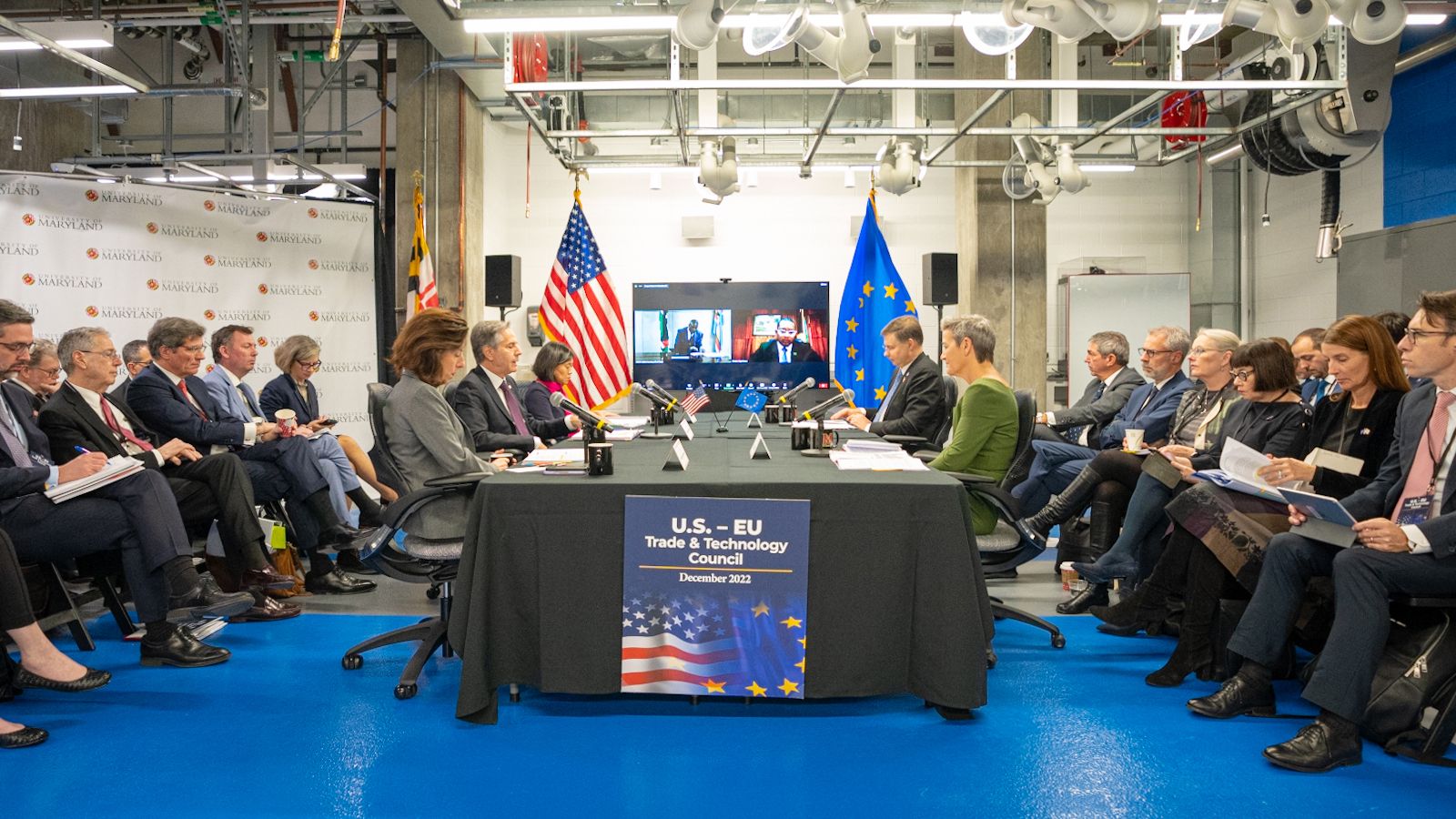Chinese green technologies are pouring into Latin America

From the snazzy seats of the E14 bus in Montevideo, Uruguay’s capital, it is hard to tell that the smooth electric machine is Chinese. Only an eagle-eyed commuter would spot the tiny window sticker bearing the name of BYD, a Chinese manufacturer. Enquiries as to passengers’ concerns about the bus’s Chinese origins elicit bafflement. They are a vast improvement on the deafening gas-guzzlers they replaced. The operator has just ordered 200 more. Thousands of similar buses glide through other Latin cities. But politicians in the United States fret that Latin America’s growing reliance on Chinese green technology, from electric buses to solar panels, is a problem and even a threat.
Tensions are rising because the stakes are high. The fast adoption of green technologies such as electric vehicles (EVs), solar panels and batteries is a vital pillar of efforts to halt climate change. These technologies are also an economic smash hit. In 2022 announced foreign direct investment in renewable energy globally totalled over $350bn, dramatically more than annual investments in any other sector not only that year but in decades. That has made green technology the latest front in the United States’ rivalry with China.
Related
American Airlines is testing new tech to catch early flight…
American Airlines is looking to revamp its boarding process with some new technology that will flag when people board with the wrong group.The Fort Worth-based
American Airlines unveils new tech that’ll stop very irritating airport…
By Lauren Acton-Taylor For Dailymail.Com Published: 01:34 BST, 22 October 2024 | Updated: 01:37 BST, 22 October 2024
Go to the Mattresses: It’s Time to Reset U.S.-EU Tech…
ContentsKey Takeaways 1Introduction. 2EU-U.S. Relations in the Era of China and “Tech Sovereignty” 4Europe’s Trade Surplus With the United States 6The Bil
As Silicon Valley eyes US election, beware Elon Musk and…
Way back in the 1960s “the personal is political” was a powerful slogan capturing the reality of power dynamics within marriages. Today, an equally meaningf













